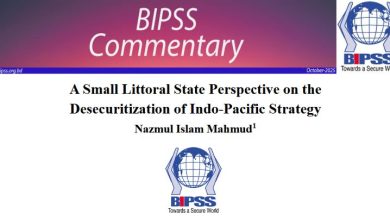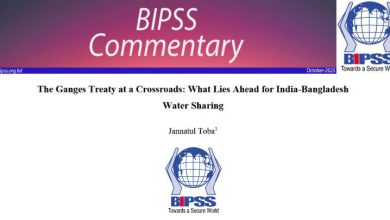
The Global Food Crisis: How Geopolitical Conflicts and Climate Change are Disrupting Food Security
Food security is vital for human well-being, which depends on having enough food, access to it and stable food systems. Geopolitical conflicts in different parts of the world disrupt food supplies by reducing production and blocking trade, raising prices and increasing hunger in places that rely on imports. Climate change also has significant effects on food security. Extreme weather like droughts and floods harm crops, especially in vulnerable regions of the world becoming harder due to changing weather patterns. International cooperation is crucial to addressing these challenges. Humanitarian aid, long-term investments in agricultural systems, and efforts to reduce food waste are essential steps towards strengthening food security.
In this commentary, BIPSS research intern Abida Farzana Muna delves into the complexities of food insecurity, highlighting the impact of geopolitical conflicts, climate change and supply chain disruptions on global food systems. Her analysis emphasizes the need for global cooperation and climate adaptation to safeguard food security in vulnerable regions.



